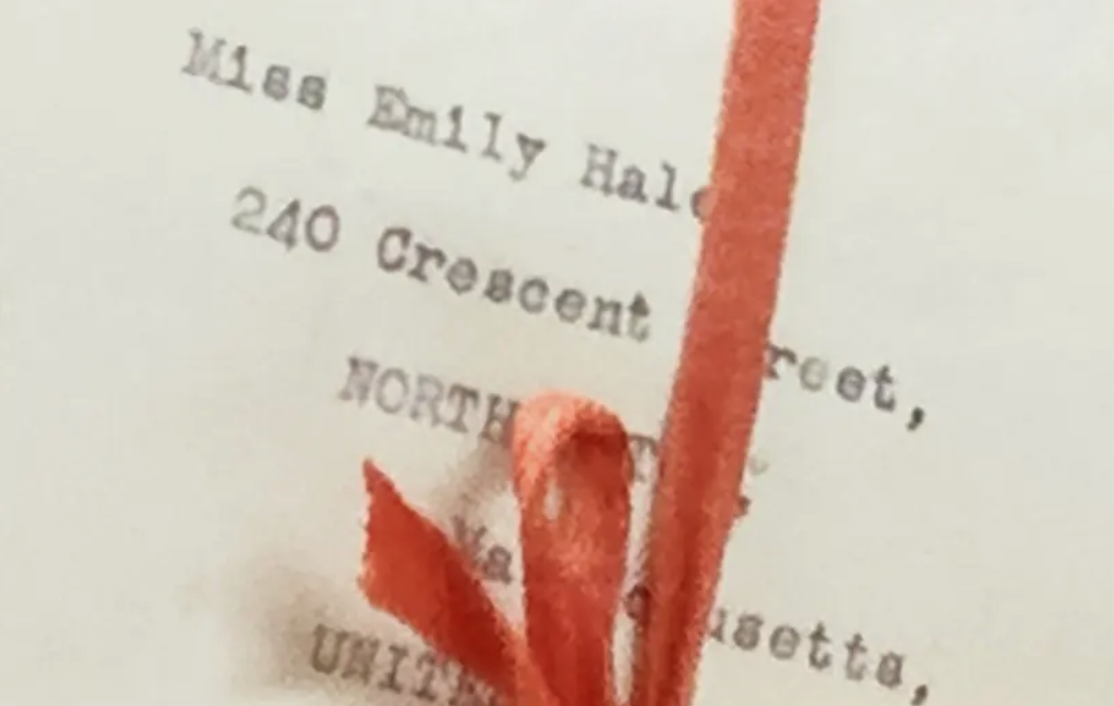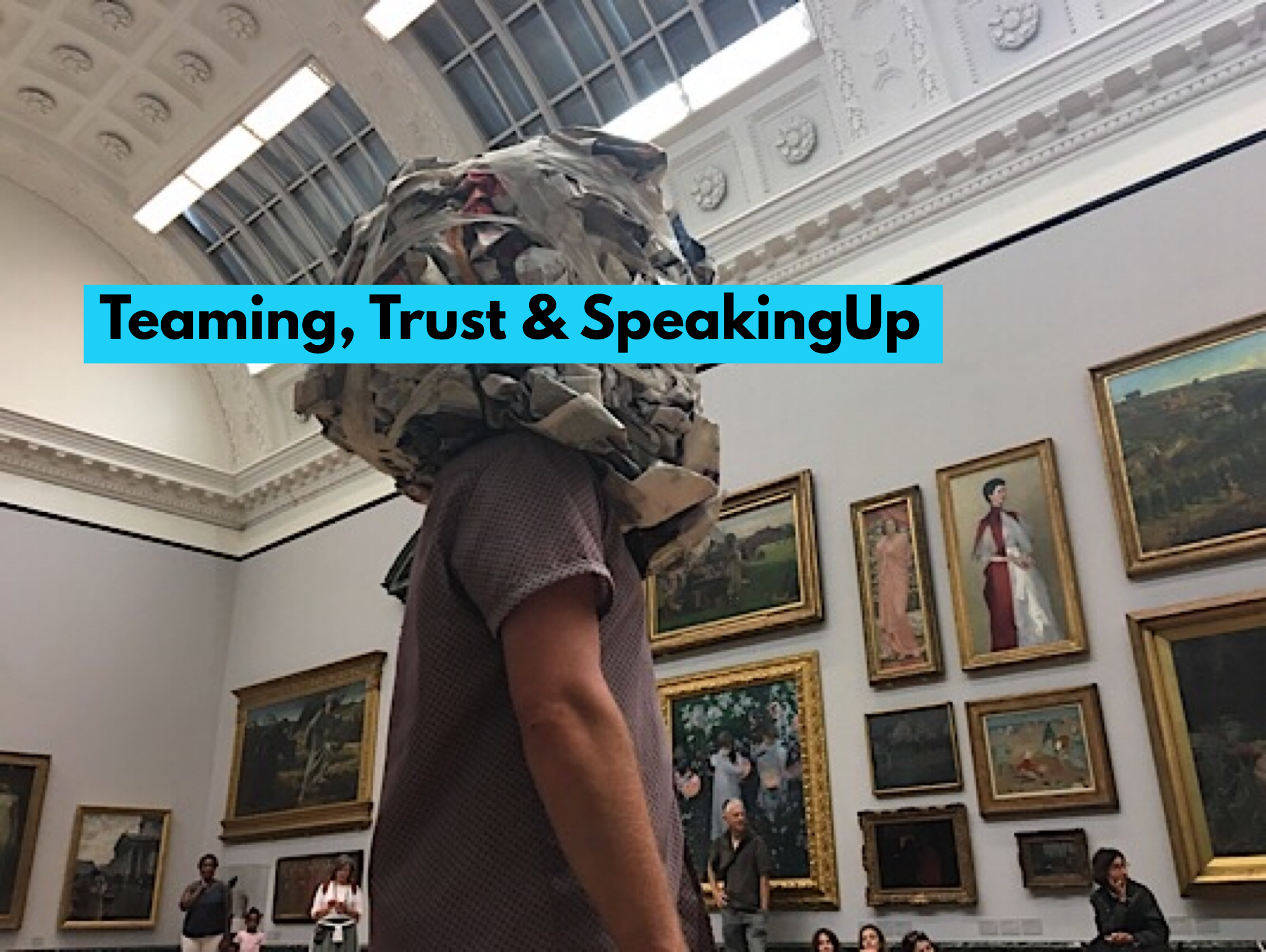-History of theatre blogging cf. economic blogs
-What does a playwright need?
-My own small part in the history of theatre blogs
-David Eldridge vs Chris Goode redux
There’s a new book on the history and influence of theatre blogs by Megan Vaughan, Theatre Blogging: The Emergence of a Critical Culture. Recommend if you are interested in blogging or have read any of the early days theatre blogs.
Turns out I’m part of a tiny piece of internet history being amongst the first wave of theatre bloggers.
Vaughan writes:
“...In 2005, playwrights Benjamin Yeoh (Theatre and Writing) and Stephen Sharkey (O, Poor Robinson Crusoe!) started new theatre blogs, while director Paul Miller (My London Life) decided to concentrate his personal, journal-style blog on theatre. They were joined by Ben Ellis (Parachute of A Playwright), an Australian playwright based in the UK at the time, and Andy Field (The Arcades Project), who was initially a student in Edinburgh but would move down to London within a year. In 2006 they were followed by theatremaker Chris Goode (Thompson’s Bank of Communicable Desire), and David Eldridge (One Writer and His Dog), whose recollections began this chapter.
While those UK bloggers were all artists of one flavour or another, 2006 was also the year in which two audience members, Andrew and Phil, became so infuriated by the Old Vic’s production of Resurrection Blues that they only went back after the interval because they had ‘always wanted to boo at the end of a show’ (West End Whingers 2006). While the booing was purportedly cathartic in some respects, it didn’t quite relieve the pain of the experience for Andrew and Phil, who started their irreverent review blog, West End Whingers, just a couple of days later. [BY: Quite a few of us ended up meeting up in real life and the WEW ended up coming to my own play - which was nervy as it was my theatre blog friends]
A month after that, Natasha Tripney, a freshly graduated writer who had begun contributing to The Stage and music website MusicOMH, started her blog, Interval Drinks. The London theatre blogosphere was gradually catching up with New York and Melbourne, just as the New York bloggers were experiencing their first moment in the spotlight…”
This phenomenon was echoed within the Economics blogosphere.
In 2005, Mark Thoma started his economics blog - that Noah Smith charts, link end - which spawned a similar wave in economics. That those economics blogs have spawned even wider influence than theatre is mostly to do with the size of the “market” but the shape of the progress is the same.
A democratisation of ideas, a faster moving debate by interested professionals and amateurs: fierce opinions thrashed in almost real time.
I think Megan Vaughan argues that blogs are alive and well in their new forms. I think blogs are alive but that peak blogging in its old form has been eroded by podcasts, twitter and the like. (I think she agrees)
For me it’s a moderate shame - as I loved blogs so much - maybe blogs will resurge in some form at some time - and certainly they are still valuable - maybe some time of new forums or smaller communities or the hyper-meta-blogs like Tyler Cowen’s or Star Slate Codex (it’s noticeable to me that Patrick Collison thinks good blogs could need more incentives… see end)
Vaughan selects a number of important blog reviews and debates to include in her book and it’s recommended for that f you are interested (despite the high price of c. £25).
Personally, I would have loved some interviews with the many current bloggers and practitioners who are still around and were blogging at the time. Maybe there will be a follow up.
At the time the memories I have most clearly are the intense debates between David Eldridge and Chris Goode about theatre (simplistically) “devised and ensemble” vs “writer-led”. She covers this and the subsequent podcast in 2018 where they somewhat reconcile. But she doesn’t convey the intensity of the debate I felt as a young theatre maker. Two voices I highly respected debating it out and seeing those debates echo in theatres and makers and spaces of the time. I don’t think I was the only one.
As a recent arrival in Twitter land, I can see some of that still now - but not in the nuance of before and it seems that it’s more noisy now in an inferior way as oppose to more diverse - which it is as well.
I will leave you with one of my first 2005 blogs - redux - May 2005:
I’m studying under Jane Bodie (a great playwright) as part of the Royal Court Writers’ programme. One of the questions we are asking is:
Qualities that that playwrights need?
I think it’s a question writers should come back to, every now and again, whether they write plays or in another medium. Of course, there’s no “correct” answer, and whatever answer one does have will probably change day-to-day, year-to-year, relationship-to-relationship…
We came up with (amongst others):
life, language, experience, imagination, sadness, joy, emotional access, flair,
perception
observation
analysis
commitment
articulation
Interestingly, Jane suggests articulation is the one thing she can teach something of. The rest might be unteachable.
Today I would strongly add:
Empathy
Curiosity
And it almost goes without saying an idea of how people communicate.
Links:
Amazon link to Megan Vaughan’s book @churlishmeg
Noah Smith’s tribute to Mark Thoma and history of economics blogs
Chris Goode + David Eldridge on podcast, blog here.
Chris Goode on Twitter @beescope
David Eldridge on Twitter @deldridgewriter
“Could there be more good blogs?
It seems that they heyday of of blogging is passing. If so, that's unfortunate. Blogs can be a remarkably efficient mechanism for disseminating ideas and facilitating discussion and debate. Twitter is good, too, but there's lots that blogs are great for that Twitter can't replace.
Part of the problem with blogs is that they're less rewarding than Facebook and Twitter: your post may perhaps get some thoughtful responses but it doesn't get immediate likes. And part of the problem is, of course, that writing a good post is much harder than writing a witty tweet.
Are there incentive structure tweaks that yield more good blogging?
Follow me on Twitter below:
-
Max Roser @MaxCRoser examines this for @OurWorldInData in this essay: https://t.co/aZcovskaC7 Obesity, opioids, hi… https://t.co/qcq3PArGco
-
Thank you @stripepress team, @s8mb @salonium @rebeccahiscott + Team, for publishing Pieces of the Action. Beautiful… https://t.co/DTqutWaqG2








